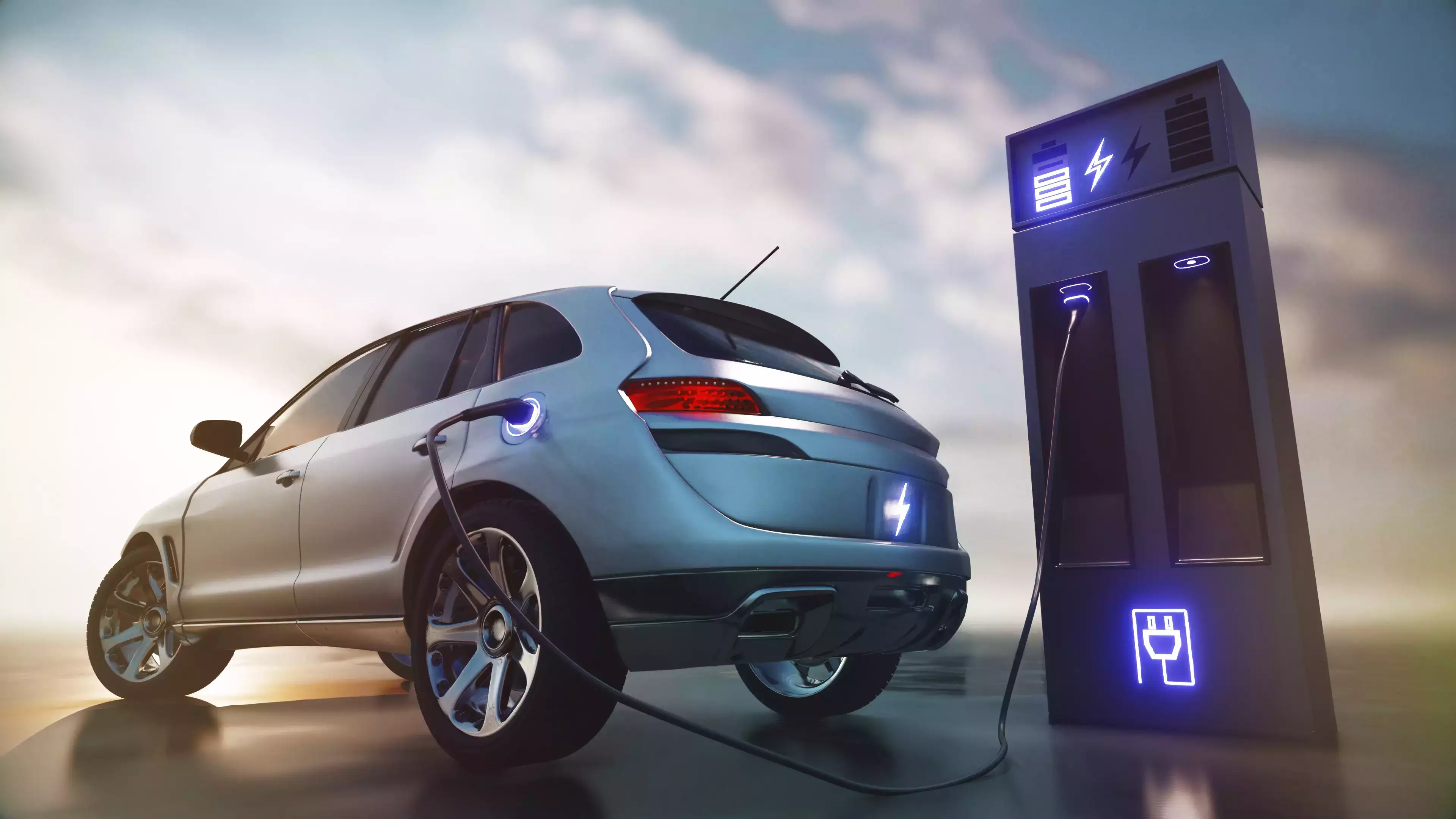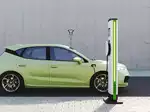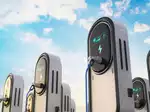How Trump Could Upend Electric Car Sales

Electric car sales could fall 27% if consumers lose the tax break, according to estimates published last week by three economics professors, Joseph Shapiro of the University of California, Berkeley, Felix Tintelnot of Duke University and Hunt Allcott of Stanford University. Registrations of electric models are on track to hit 1.2 million this year, and estimates are that there would be about 317,000 fewer registered annually without the credit.
Other countries that eliminated such subsidies have seen similar drops - in Germany, electric vehicle sales tumbled 27% in the first 10 months of the year, after the government in December abruptly canceled an incentive worth USD 4,900.
"You can't make a vehicle USD 7,500 more expensive and sell more of them easily," said Chris Harto, a senior policy analyst for Consumer Reports. "People are only willing to pay so much."
The tax credits, which can be as high as USD 7,500 for new electric cars and plug-in hybrids, and up to USD 4,000 for used models, are a cornerstone of President Joe Biden's Inflation Reduction Act, a law meant to address climate change and spur domestic manufacturing. Since January, consumers who buy or lease eligible cars have driven home with $2 billion in credits on 300,000 cars, according to the Treasury Department.
New car prices are flat in 2024 but have risen nearly 30% since the start of the COVID-19 pandemic in March 2020. And the gap between battery-powered cars and internal combustion models remains stubbornly wide. Consumers paid USD 56,900 on average for an electric car in October, USD 9,000 more than for the average gasoline car or hybrid, according to Kelley Blue Book, though the tax credit often significantly reduced that gap.
Trump regularly attacked Biden's policies on climate and electric cars on the campaign trail, and his transition team is exploring steps he could take to repeal or limit the credits. A complete repeal would require Congress to act. But Trump could also direct the Treasury to change tax rules in ways that limit how many cars qualify for credits.
Those efforts have the backing of one of Trump's biggest supporters, Elon Musk, CEO of Tesla, which makes roughly half of the electric vehicles sold in the United States. Musk has called for the elimination of all subsides for electric vehicles. He has also said the loss of the tax break would hurt Tesla less than it would other automakers.
But even Tesla would take a hit because the company's two top-selling cars are eligible for the USD 7,500 credit. Losing the credit could further depress the company's sales, which have been tepid this year because it has few new models to compete with electric cars from other automakers. Tesla and the Trump transition team did not respond to requests for comment.
Some state governments also offer incentives, and Democratic governors could try to offer more support if federal policy changes. Gov. Gavin Newsom of California on Monday said that he would propose restoring an electric vehicle rebate program that ended last year if the federal credits were repealed.
If the credits end, Harto said, some automakers might make up some of the difference by offering bigger discounts to sustain sales and keep their factories humming. Several automakers are already offering year-end deals, including monthly leases below USD 250 on models such as the Hyundai Ioniq 5, Nissan Ariya and Kia Niro. Harto advises shoppers interested in such vehicles to buy one soon.
"If you're really considering an EV over the next few years, there's probably no better time than today," he said.
"This is going to be inflationary on the entire car market, no doubt about it," said Gore, whose father was the U.S. vice president from 1993 to 2001.
Harto said price increases could be a deal-killer for budget shoppers. Several affordable electric models -- the kind many Americans have clamored for -- have recently arrived in showrooms, with encouraging early sales. They include the Chevrolet Blazer sport utility vehicle and the mechanically related Honda Prologue, both built at a GM plant in Mexico. With both models eligible for a full USD 7,500 credit, the Blazer costs as little as USD 38,500 and the Prologue about USD 41,000. An electric Chevrolet Equinox costs USD 27,500 after the credit, on a par with similar gasoline vehicles.
Still, some analysts note that many electric cars are already ineligible for the tax credit.
Just 20% of electric car buyers claimed a tax credit in the first half of 2024, according to BloombergNEF, a research firm. Under the Inflation Reduction Act, cars are eligible for the credit only if they are assembled in North America and are powered by batteries that include materials from the United States or its trade allies. Only 13 models offer the full USD 7,500 credit through Dec. 31. Another eight are eligible for USD 3,750.
Buyers also have to earn incomes below USD 300,000 for couples and USD 150,000 for individuals.
Those restrictions do not apply if electric cars are leased. As a result, leases made up 79% of all electric-car transactions in dealerships in October, up from 16% in January, according to Edmunds. Those figures do not include brands, such as Tesla, Rivian and Lucid, that sell cars directly to consumers.
For people who are not ready to buy a new car, many formerly leased cars should enter the used market in coming years. They may make for tempting deals because battery-powered models have suffered sharp depreciation since Tesla started slashing prices last year.
Sales of electric cars have slowed in 2024, yet these cars have never been more popular: Americans bought a record 346,000 such models in the third quarter, according to Kelley Blue Book. Sales are up 9% in the first nine months of the year.
Supporters warn that killing the credits would blunt that momentum, with damaging effects for the environment, jobs and global competitiveness. The Environmental Defense Fund said companies had announced USD 126 billion in electric car and battery manufacturing investment since the passage of the Inflation Reduction Act in 2022, creating 108,000 jobs. By 2027, automakers will have built annual capacity for 5.8 million electric cars, enough to supply more than one in three new vehicles at current sales levels.
Opponents of credits say electric vehicles should compete with gasoline models without the help of the federal government. They note that many battery-powered cars are luxury models bought or leased by people who can afford the vehicles without tax breaks.
"I've driven them, and they are incredible," Trump said about electric vehicles at a July campaign rally in Michigan, "but they're not for everybody."

